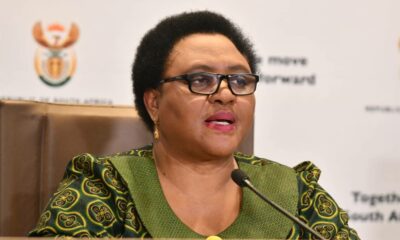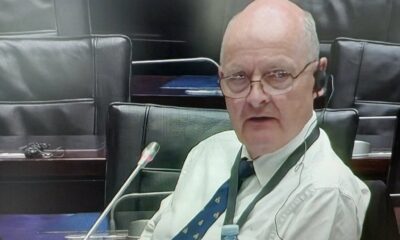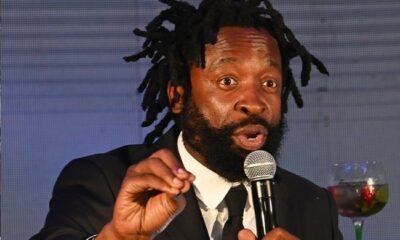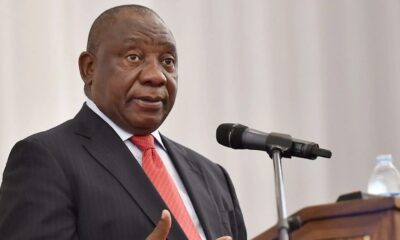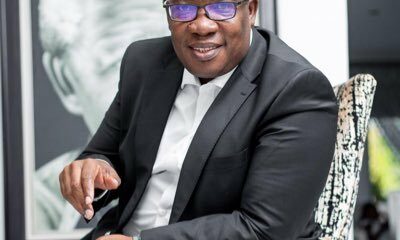News
Jacob Zuma to Take the Stand for Daughter Duduzile in Explosive Unrest Trial
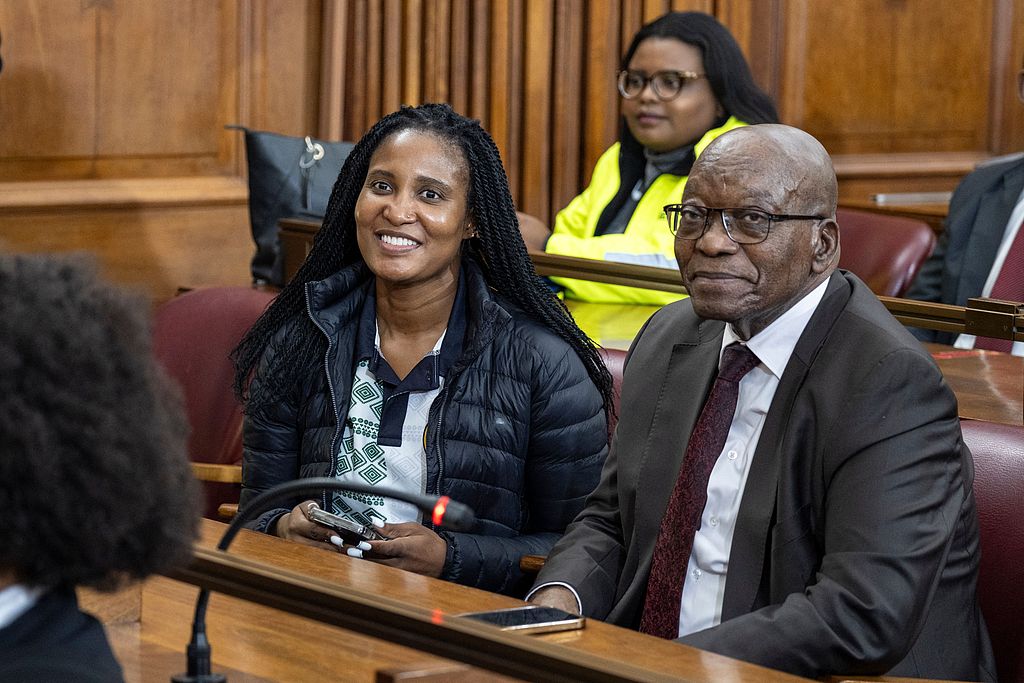
Jacob Zuma to Take the Stand for Daughter Duduzile in Explosive Unrest Trial
In a case that has reignited memories of South Africa’s most violent civil unrest since democracy, former president Jacob Zuma is expected to testify in defence of his daughter, Duduzile Zuma-Sambudla, who stands accused of inciting public violence during the July 2021 riots.
The trial, which began this week in the Durban High Court, has drawn political heavyweights, party loyalists, and curious onlookers alike, all eager to see how one of South Africa’s most polarising families will navigate the courtroom drama.
A Father’s Defence in a Nation Still Healing
Duduzile, now an uMkhonto weSizwe Party (MKP) member of Parliament, faces three counts of incitement to commit terrorism and two counts of incitement to commit public violence.
Her defence team, led by Advocate Dali Mpofu, confirmed that Jacob Zuma will be the first witness to take the stand for the defence. Mpofu told the court that Zuma intends to dispute the State’s witnesses and argue that both his daughter’s prosecution and his own 2021 arrest were politically motivated.
Zuma’s courtroom appearance is likely to dominate headlines and deepen political tensions, particularly given his continued influence in KwaZulu-Natal and his party’s growing presence in Parliament.
“I will call President Zuma as my witness,” Mpofu declared in court on Tuesday. “He will dispute the testimonies and prove that this case, and his arrest, were politically motivated.”
The Posts That Sparked the Case
At the heart of the trial are a series of social media posts made by Duduzile Zuma-Sambudla during the July 2021 unrest, a week of looting, arson, and violence that left more than 300 people dead and caused billions in damage.
The State alleges that her tweets and videos, some showing burning trucks, blocked roads, and hashtags like #FreeJacobZuma, encouraged violent acts and destabilised communities already on edge following Zuma’s imprisonment for contempt of court.
One post, dated 9 July 2021, allegedly read:
“Shut down KZN. Shut down roads, factories, shops and government. #FreeJacobZuma.”
The prosecution, led by Advocate Yuri Gangai, argues that such messages directly fuelled the chaos that swept through KwaZulu-Natal and Gauteng, crippling supply chains and prompting military intervention.
The Courtroom Battle Heats Up
This week’s proceedings have already seen tense exchanges. State witness Sara-Jane Trent, formerly employed by forensic investigator Paul O’Sullivan, testified that she laid charges against Duduzile out of fear that the violence in KwaZulu-Natal would spill over into Johannesburg, where she lived.
But under sharp cross-examination, Mpofu challenged her motives, suggesting political bias due to O’Sullivan’s alleged friendship with President Cyril Ramaphosa, Zuma’s longtime rival.
“Would you be surprised if people said your decision to lay charges was politically motivated?” Mpofu asked.
“No, I would not be surprised,” Trent replied.
Mpofu also dismantled aspects of her affidavit, questioning her claims that Duduzile was linked to the Gupta family or responsible for “storming” a Spar grocery store during the unrest. When pressed, Trent conceded that the footage she cited showed no actual attack on the store.
The fiery exchanges signal what could become one of the most politically charged court cases of the year.
Political Symbolism and Public Reaction
The sight of Jacob Zuma attending court in support of his daughter, alongside MK Party members and allies like former radio host Ngizwe Mchunu, has stirred mixed reactions online.
Supporters have rallied behind the former president’s family, with hashtags like #HandsOffDuduzile trending among MKP loyalists. Critics, however, argue that Zuma’s involvement is an attempt to frame the case as political persecution rather than a test of accountability.
Political analyst Lungile Mthembu told local media that Zuma’s testimony could be a “double-edged sword.”
“His presence amplifies her defence narrative but also revives painful memories of the unrest, a time many South Africans still associate with fear and loss.”
The Broader Context: July 2021 and Its Aftermath
The July 2021 unrest remains one of South Africa’s darkest post-apartheid chapters. Initially triggered by Jacob Zuma’s arrest, the chaos spiralled into mass looting, property destruction, and community clashes that exposed the country’s deep socioeconomic divides.
While the State argues that political figures and social media influencers played a role in inciting the violence, Zuma’s allies insist it was a grassroots uprising born of poverty and frustration, not manipulation.
As the trial continues this week, South Africa watches closely, not just to see whether Duduzile Zuma-Sambudla walks free, but to understand how the nation continues to reckon with the ghosts of July 2021.
The defence will continue its cross-examination on Wednesday before Zuma himself is expected to take the stand. His testimony could dramatically reshape the narrative, for his daughter, for the MK Party, and for South Africa’s political landscape.
For now, the court remains a stage for two familiar forces: justice and politics, both still wrestling over the legacy of one of the country’s most polarising leaders.
{Source: IOL}
Follow Joburg ETC on Facebook, Twitter , TikTok and Instagram
For more News in Johannesburg, visit joburgetc.com

